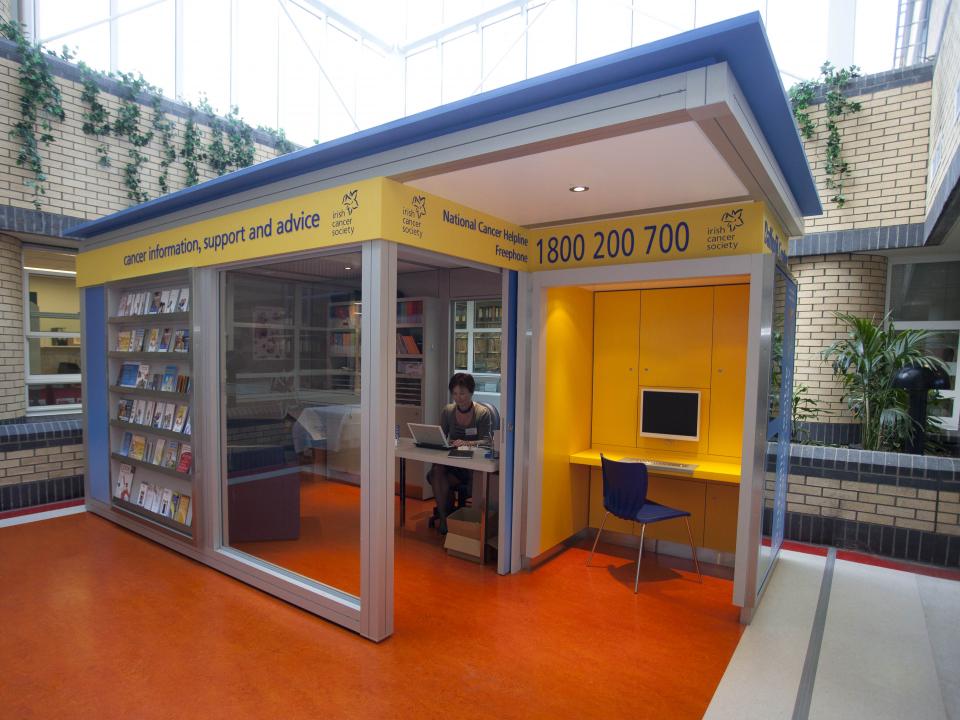What increases my risk of bile duct cancer?

The cause of bile duct cancer is unknown. But there are certain things called risk factors that can increase your chance of developing the disease. These include:
- Inflammatory bowel disease: You might have an increased risk if you have ulcerative colitis, Crohn’s disease or other inflammatory bowel disease.
- Primary sclerosing cholangitis: A rare condition that causes chronic inflammation and scarring of the bile ducts.
- Stones in the bile duct can cause inflammation.
- Abnormal bile ducts: If you are born with abnormal bile ducts, you might be at risk of developing cancer of the bile duct.
- Choledochal cysts: These cysts attach to the bile ducts and can lead to cancer developing.
- Infection: Bile duct cancer has been linked to Hepatitis B and C virus infection. In Africa and Asia, an infection caused by parasites called liver fluke is believed to cause bile duct cancer.
- Cirrhosis (scarring of the liver) can increase risk. There are many different causes of cirrhosis such as hepatitis B and C, fatty liver disease or alcohol-related liver disease.

Having a risk factor doesn’t mean you will get cancer. Sometimes people with no risk factors get cancer. If you’re worried, talk to your GP or talk to one of our cancer nurses. Call our Support Line on 1800 200 700 or visit a Daffodil Centre.
For more information
Phone
1800 200 700


